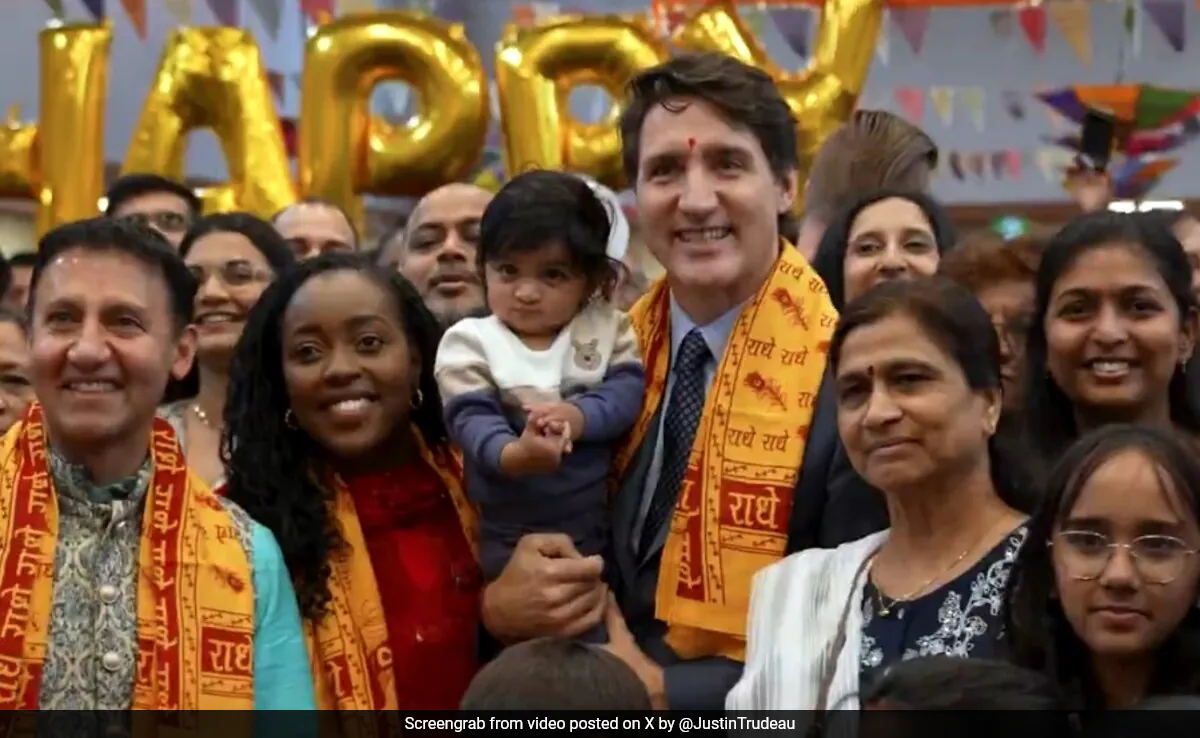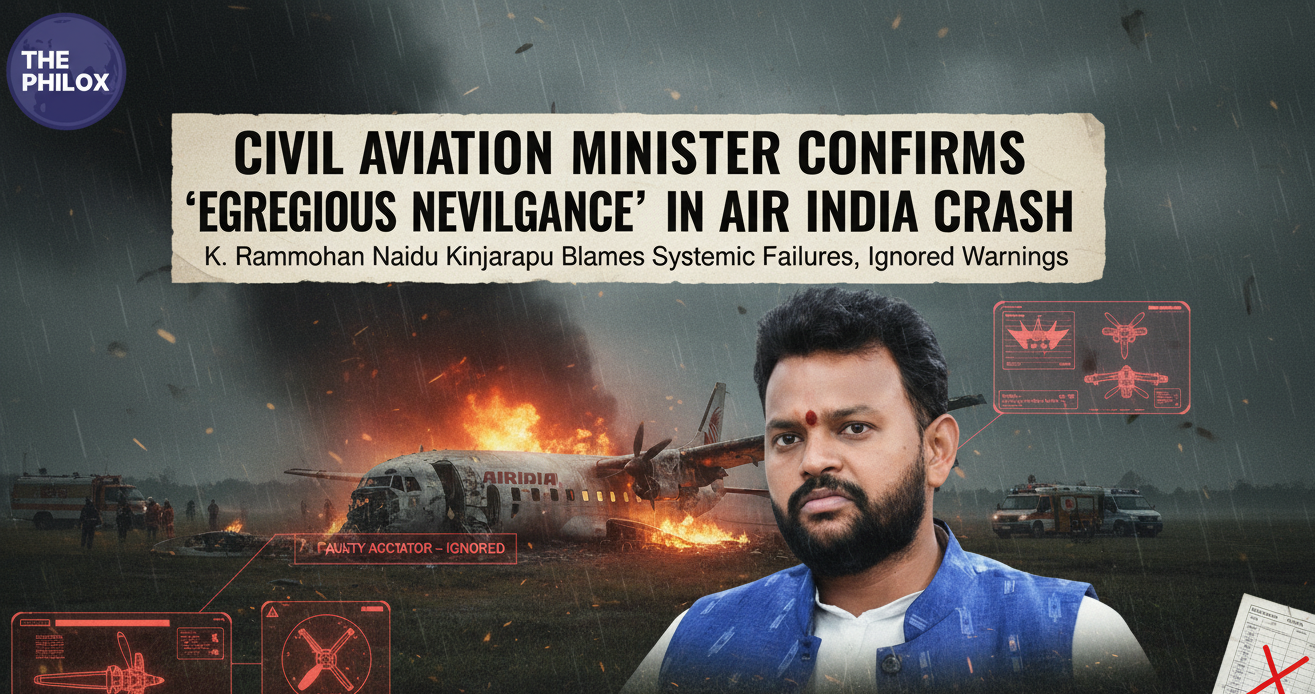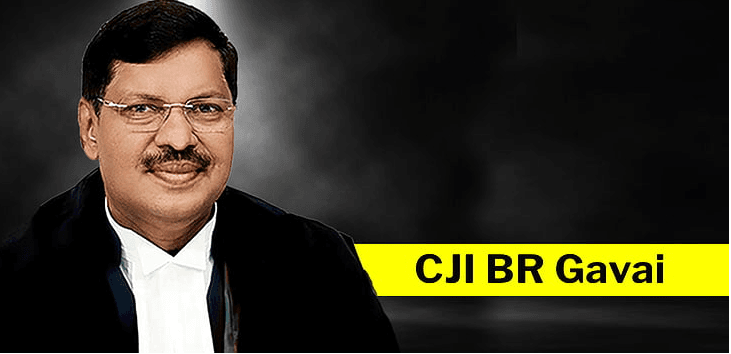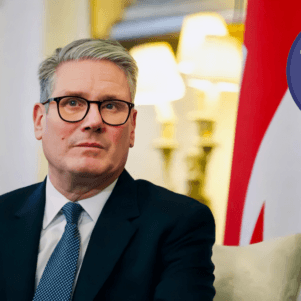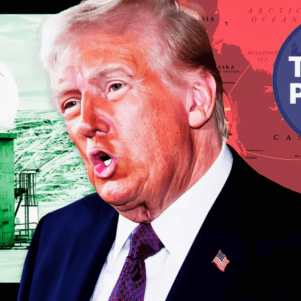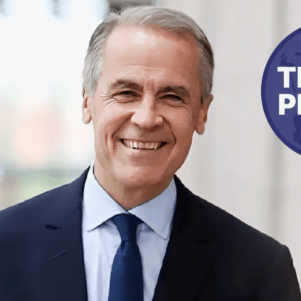By The Philox Newsroom, November 3, 2024
Recently, several temples in Canada have been vandalized in a spate of attacks that have left the Indo-Canadian communities up in arms.
The alleged incidents occurred yesterday and sent shockwaves through religious communities, raising questions about the identity of the perpetrators, their motive, and possibly what underlying factors could drive such targeted action.
The investigative team of the Philox has looked into such information forwarded from local and national sources in Canada, taking into consideration the socio-political climate of the region, as well as historical context and government responses during similar incidents in the past.
Some community members have based their questions on whether Prime Minister Justin Trudeau is impliedly or directly involved. Such claims are speculative.
Generally, though, the report shall outline factors in the Canadian political landscape, sentiments in communities, and the responsibilities of government leadership in safety and protection of religious minorities.
Violence against Religious places: A increasing Threat to Canada
Recent temple attacks have risen fears about religious site security in Canada. Several temples have been targeted, and from initial reports, vandalism, graffiti with hate messages, and property damage can be seen.
While police are investigating the matter, this act of violence against minority religious communities has left many members seeking better action from the authorities to prevent and address the attack.
The cases mentioned above have made many question if Canada is indeed living up to its reputation of having a diverse, multicultural society in light of the recent hate crimes and targeted vandalism surge.
The Public Safety department’s 2022 report reveals a sudden increase in hate crimes, such as attacks on religious sites. Many hate incidents have been witnessed by the Hindu, Sikh, and Muslim communities within the cities of Toronto, Vancouver, and Montreal.
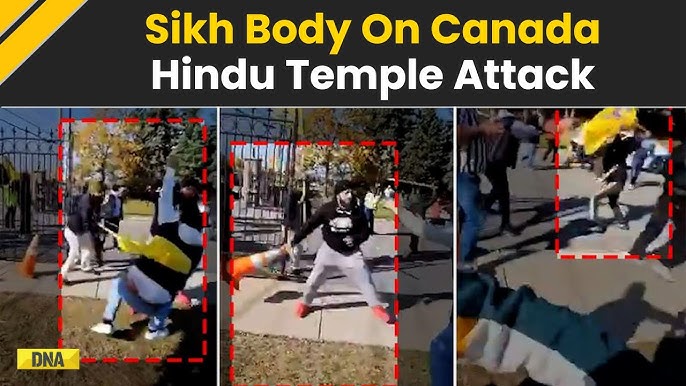
Prime Minister Justin Trudeau said, “There is no place for violence or terrorism in Canada. And above all, we will not allow voice of hatred to win.
Prime Minister Justin Trudeau has always been described as a proponent of diversity and inclusivity. The government he leads has initiated a multi-pronged drive to promote multiculturalism.
Still, critics argue that there exists a chasm between Canada’s rhetoric on inclusiveness and the lived reality of religious minority groups, a reality revealed by recent happenings.
After the attacks, a statement was issued from the Trudeau office condemning the attacks, calling for all communities to unite.
This emphasized the fact that diversity in Canada is valued, and such acts of hate are never acceptable against any particular community. However, this criticism is leveled that such actions by the government do not always respond as timely as they should; otherwise, it only sends messages, which do little afterwards.
They argue that if such issues are not dealt with, then it results in a scenario where the occurrence of similar incidents is more probable.
For instance, India and the Trudeau government had diplomatic relations due to domestic policies of certain support to separatist movements that his government stood for. This made it such that some scholars consider that indirect influence of this might affect Canadian attitudes.
Community Perspective
Frustration and disappointment among community leaders in the Indo-Canadian community prevail due to the recent spate of attacks, where many want additional security implementations at temples and other places of worship.
Some of the notable statements include those by leaders from some of the country’s Hindu organizations denouncing acts and demanding quicker official investigations into the attacks.
The feelings of insecurity and discontent among these communities are also reflected by The Philox in a recent survey. According to our survey, more than 65% of the Indo-Canadians reported being worried about the safety of their religious sites, and over 50% felt that the Canadian government should undertake stronger measures to ensure the safety of these sites.
More than 70% of the respondents felt that the political problems between Canada and India might also have an indirect effect on social attitudes toward the minority communities and make them vulnerable to focused attacks.
Research and Analysis of Hate Crimes in Canada
Stats on hate crimes in Canada are indicating a rising concern: the trend is upwards. Statistics of the Canadian Center for Justice Statistics show that hate crimes have increased by approximately 27% over the period of 2020 to 2022. More frequent targets of hate crimes were religious sites, mostly those belonging to the Hindu and Sikh communities.
According to the national hate crime report in Canada, in 2023, crimes targeting places of worship increased by nearly 15% for Hindu and Sikh sites. Of the cases, many were vandalism and graffiti, while in some cases, persons actually physically assaulted site personnel or worshippers.
The question remains, however, of whether enough preventive measures are being taken around these concerns.
One of the major criticisms put forth by community advocates has centred on the lack of sufficient security measures around vulnerable sites, and that the government does not do enough to ensure resources are dedicated to the area.
Activists believe that without more action, the Trudeau administration’s publicly stated stance on diversity is actually a precarious one in terms of minority group security.
Possible Implications and the Way Forward
Temple attacks in Canada have thus brought a sense of a need to review policies for ensuring the safety of religious communities.
While tying these incidents to any person or office would be very premature in the absence of concrete evidence, there is an indirect influence of the political climate to be perceived as such. Most community leaders argue that this requires a holistic approach-strict security measures with reforms in policy dealing with hate crime management.
From a broader perspective, this attack may increase the diplomatic tension between Canada and India. The Indian-Canadian citizens are urging their government to take proactive measures for this and ensure that all sections of people are allowed the right to practice their religion in a fear-free environment.
The Philox investigation has shown that there is a need for action in the Indo-Canadian communities.
The incidents have called for the Trudeau administration to move beyond just condemning the acts and taking practical steps to prevent such crimes against vulnerable groups.
A Call for Accountability and Action
As the nation moves forward, the government should focus on the reasons for such a horrific act and give proper support to the communities.
Incidents like these challenge the commitments of the Trudeau government, which restored its pledge to diversity. Meaningful change is being demanded by Canadians from all walks of life from the leaders regarding decisive action against hate crimes and for the protection of religious sites.
Read the philox other article on the issue
